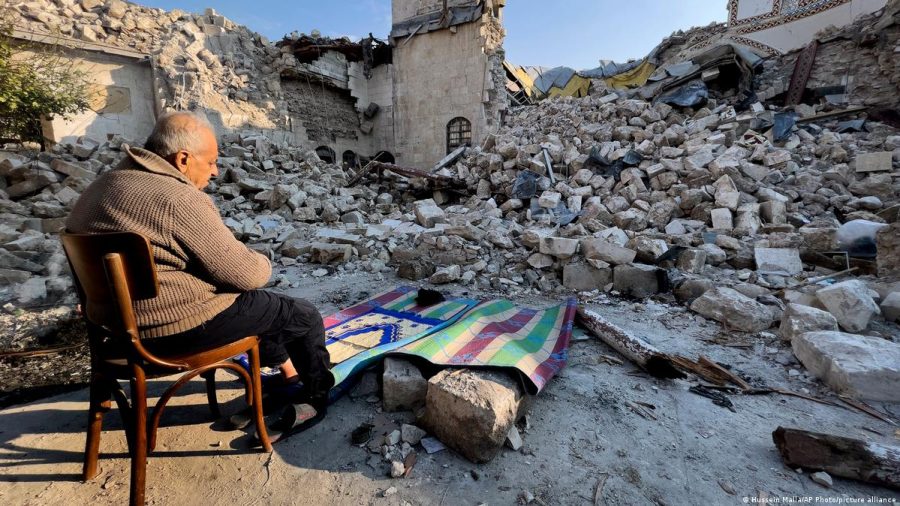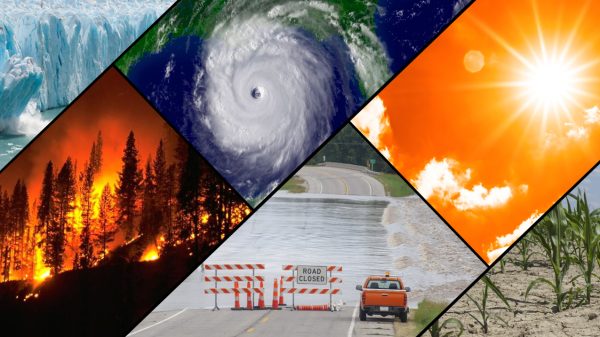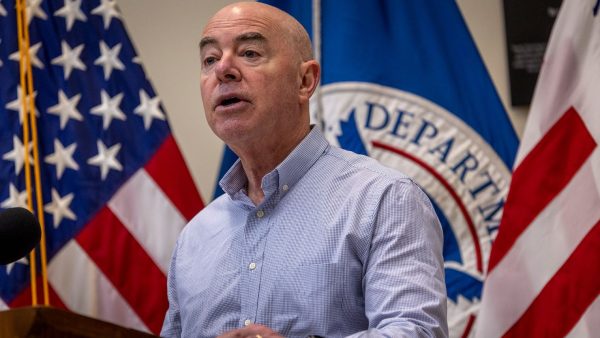Turkey Earthquake Report
March 15, 2023
Hours before millions of people living in communities across Turkey and Syria would have awoken to begin their Mondays, a devastating 7.8-magnitude earthquake hit the region. Its epicenter was in the southeastern Turkish city of Gaziantep, and it broke around 100 kilometers of fault line. With this extremely powerful earthquake, cities along the fault faced serious damage and thousands of people lost their lives.
Only a few hours following the first high-magnitude earthquake, another 7.5-magnitude earthquake struck in southeastern Turkey near the Syrian border. This caused further damage, but it was the combination of the initial two earthquakes, and over 5,000 aftershocks that followed, that caused over 100,000 buildings surrounding the faults to collapse. Just recently, two weeks after the first earthquake, there was another major aftershock in Turkey that caused more damage, injuries, and casualties. This occurred in an area that was already evacuated by many — Antakya, Turkey — so this 6.4 magnitude earthquake was not as tragic. The aftershocks of the February 6th first earthquake are still continuing today, and have caused additional pain and destruction. In a shocking and tragic few weeks, thousands of people living in Turkey and Syria lost their lives, and tens of thousands more lost their homes and everything they owned.
While mourning the losses of their homes, communities, and for some, sadly, their family members, many people affected by the earthquake are now faced with homelessness. In Turkey, around 1.5 million people were made homeless by the earthquake, and many more in both Turkey and Syria are in desperate need of humanitarian aid. With the low temperatures and poor weather possible in those regions, those people affected by the earthquake need whatever help they can get. The Turkish government is working to try and help the people experiencing homelessness and those who can’t afford certain necessities. The Turkish government announced economic plans to implement a wage support system, a no-layoff policy in 10 cities, but only temporarily, and a promise to begin reconstructing better and more earthquake-proof housing.
This work to help the people living in southeastern Turkey with the aftermath of the earthquake, however, will not be very beneficial for the problems people are experiencing now. What the people in that region need is immediate relief through donations. The United Nations launched a $1 billion appeal for Turkey’s government-led aid teams to provide increased water, shelter, food, and protection for the Turkish people in need. These efforts to aid the people affected by the catastrophic earthquake are very important and do make a difference, but those people need much more help. Some will have to find new homes and pay for all new belongings, while also dealing with possible medical expenses.
Even though we are over 5,000 miles away from where the earthquake occurred in Turkey, we show our support and give assistance to the Turkish and Syrian people. Monetary donations actually happen to be the best way for people living far away from Turkey to send help. Sending money online through certified sources or donating to charities such as UNICEF, the Turkish Red Crescent, Humanity & Inclusion, Mercy Corps, and several others are the best ways for us to support the struggling, earthquake-affected communities.










